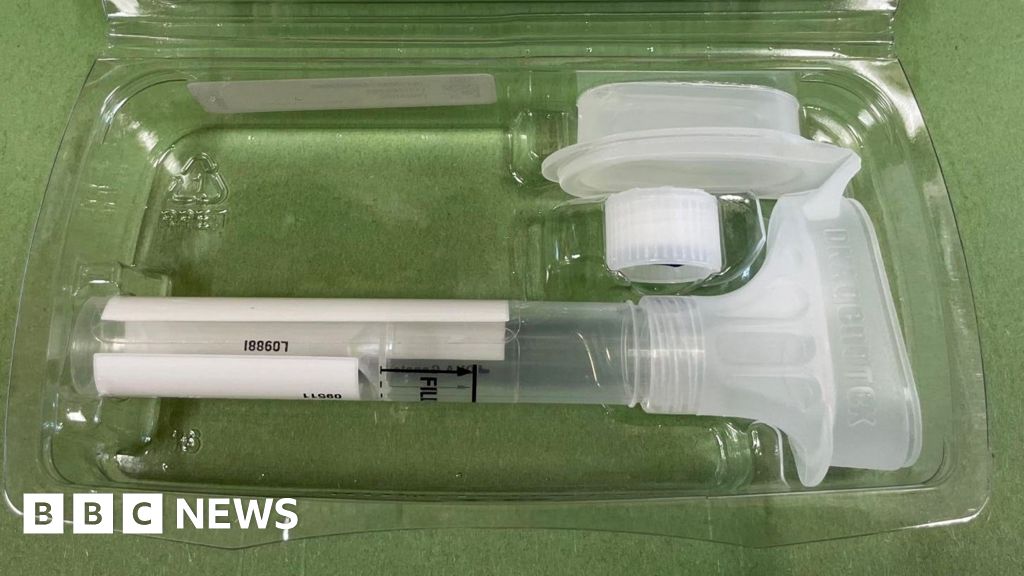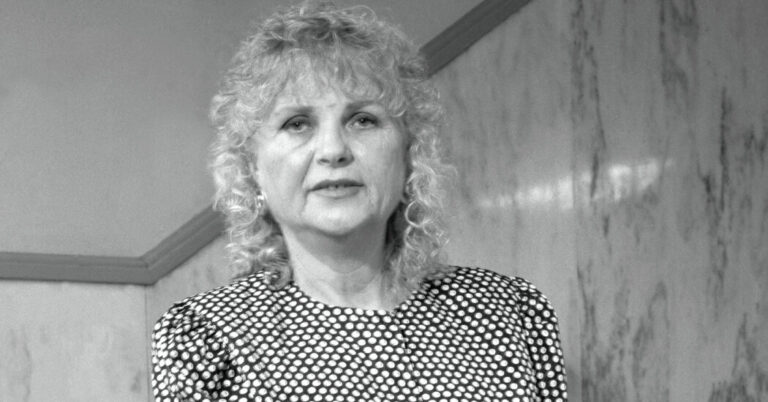A saliva test may help “turn the tide” on prostate cancer, UK scientists claim. The at-home test would not require a visit to the GP, and appeared to perform better than current testing methods according to the study.
It analyses men’s DNA to work out who was born with the greatest risk of developing the disease. Targeting them for prostate biopsies and MRI scans discovered some aggressive cancers that would otherwise have gone unnoticed.
However, the test has not yet been proven to save lives and experts say it will be “years” before such tests could be used routinely.
Around 12,000 men in the UK die from prostate cancer every year. Calls for the routine testing of healthy men – known as screening – have grown louder since Olympic cyclist Sir Chris Hoy announced he had terminal prostate cancer.
Screening has been rejected in the past because using the current test – which looks for levels of prostate specific antigen (PSA) in the blood – risks causing more harm than good.
This saliva test does not look for signs of prostate cancer inside the body. Instead it looks for 130 mutations in men’s DNA, each of which can increase the risk of prostate cancers developing.
Out of 745 men with a high score, 468 were prepared to have the extra tests, 187 were found to have prostate cancer, and 103 were higher risk tumours that needed treatment, 74 of these would not have been discovered at this stage with current tests.
“With this test, it could be possible to turn the tide on prostate cancer,” said Prof Ros Eeles, from the Institute of Cancer Research, London. “We can identify men at risk of aggressive cancers who need further tests and spare the men who are at lower risk from unnecessary treatments.”
Dheeresh Turnbull, who is 71 and from Brighton, took part in the trial. He discovered he was in the highest risk category despite having no family history of prostate cancer. Further examination showed he had cancer.
“It’s incredible to think that because of this study two lives have now been saved in my family,” Dheeresh said.
However, the test is not ready to be rolled out. Prof Dusko Ilic, from King’s College London, said it was “promising” but improved cancer detection “only modestly” when used alongside current risk factors such as age, PSA levels and MRI scans.
Source link




